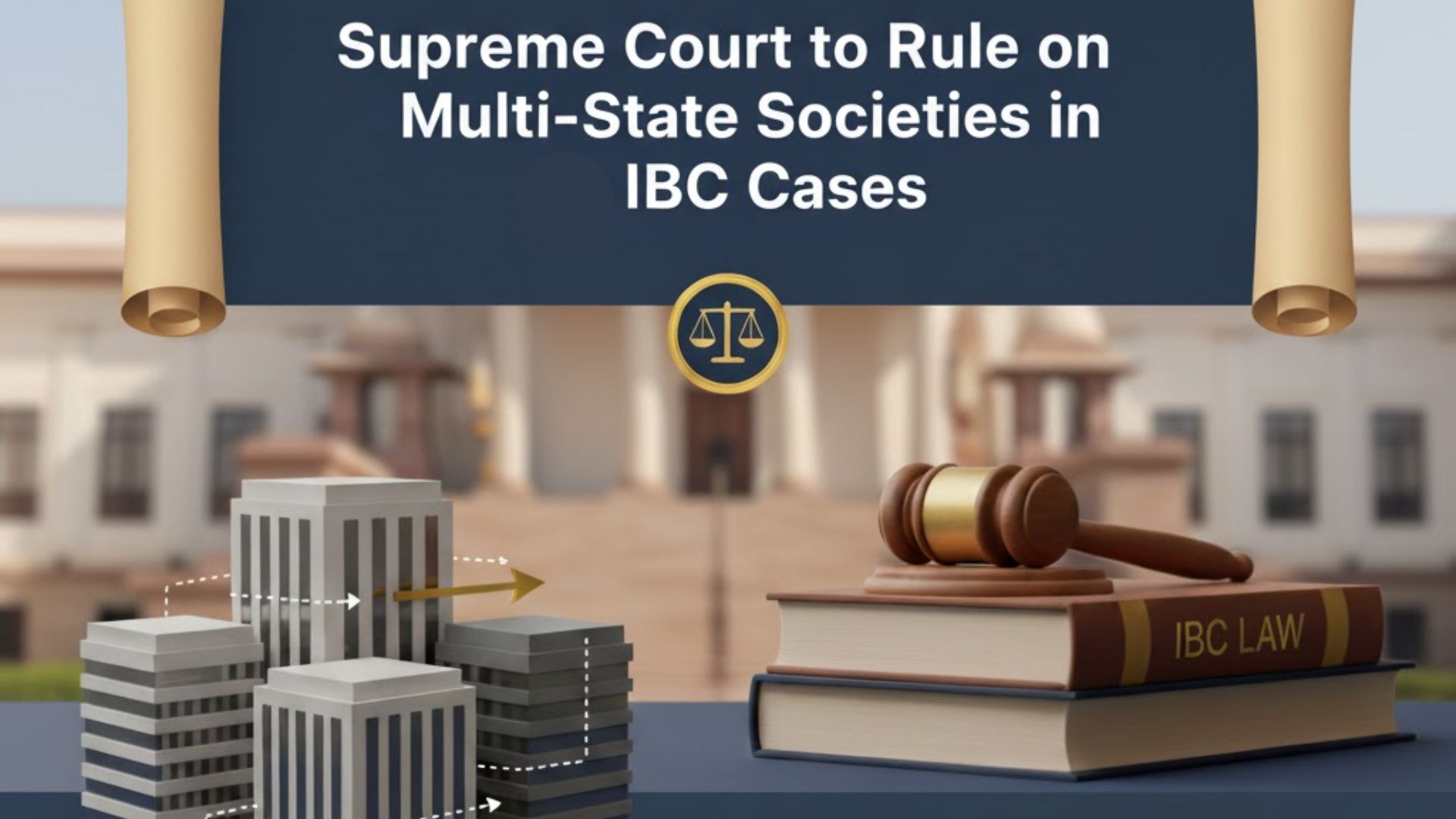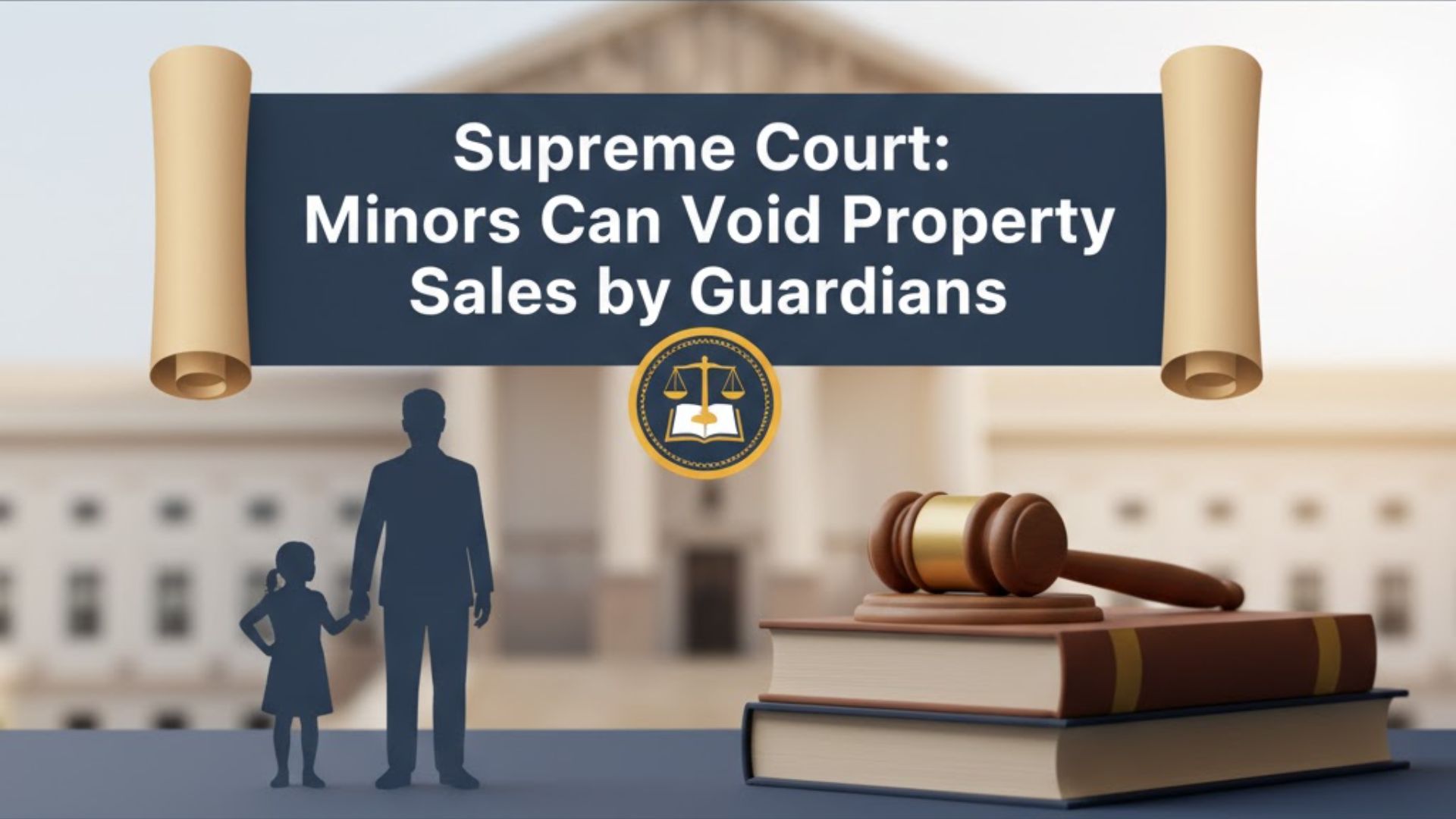@JUDGMENTTAG-ORDER
M.M. Das, J.@mdashHeard Learned Counsel for the Petitioner, None appears for the contesting Opp. Party No. 1 in spite of the fact that notice
of the writ petition has been duly served on him.
2. This is an unfortunate case, where the workman has been deprived of the fruits of an order passed by the Presiding Officer, Labour Court,
Sambalpur in his favour on 7.9.94 although more than thirteen years have passed in the meanwhile.
3. It is revealed from the writ petition that the Petitioner was working under the Orissa State Road Transport Corporation, Rourkela as a
Conductor. He was discharged from the service on 30.6.1983. Being aggrieved, he preferred an application u/s 33A of the I.D. Act, 1947 before
the Presiding Officer, Industrial Tribunal, Orissa, which was registered as Misc. Case No. 18 of 1983.
4. After hearing both the parties, the Presiding Officer, Industrial Tribunal passed an order on 16.5.1984 holding the order of discharge of the
Petitioner from service on 30.6.1983 by the Management was improper and unjustified and the Petitioner-workman was entitled to reinstatement
with full back wages. The said order was challenged by the Management before this Court in O.J.C. No. 2610 of 1984. The said writ petition was
dismissed by this Court 9.10.1990 confirming the order passed by the presiding Officer, Industrial Tribunal, Bhubaneswar. However, during the
pendency of the said writ petition, the Petitioner was reinstated. Though the Petitioner received the current wages after reinstatement, but as the
back wages were not paid to him, he initiated a proceeding u/s 33C(2) of the I.D. Act before the Presiding Officer, Labour Court, Sambalpur. By
Order Dated 7.9.1994, the Presiding Officer, Labour Court came to hold that the Petitioner is entitled to an amount of Rs. 23,639.30 paise from
the Management towards his arrear salary and bonus and directed the D.T.M., O.S.R.T.C. Rourkela to pay the said amount to him within two
months. As the said amount was not paid to the Petitioner, the Petitioner has approached this Court in the present writ petition, which was filed on
7.9.1995 and is pending since then.
5. As this Court finds that the amount payable to the Petitioner has been finally adjudicated upon by the Presiding Officer, Labour Court,
Sambalpur in the proceeding u/s 33C(2) of the I.D. Act in I.D. Case No. 19 of 1991, as stated above, and the said order having not been
challenged by the Management- Opp. Party No. 1, has become final and binding between the parties, it is now to be seen whether non-
compliance of the said order by the Opp. Party No. 1 can be considered to be a cause of action for filing the present Writ Petition by the
workman.
6. Section 33C(4) of the I.D. Act provides that the decision of the Labour Court shall be forwarded by it to the appropriate Government and any
amount found due by the Labour Court may be recovered (1) of Section 33C of the I.D. Act makes a provision that where the appropriate
Government is satisfied that any money is due to the workmen, it shall issue certificate for that amount to the Collector, who shall proceed to
recover the same in the same manner as an arrear of land revenue.
7. It is, thus, seen that the directions issued in the order under Annexure-1 to the management-Opp. Party No. 1, to pay the amount of Rs.
23,639.30 paise to the writ Petitioner within two months from the said date of the order, can be enforced under the provisions of Sub-section (1)
of Section 33C of the Act and can be recovered as arrear of land revenue under the provisions of the Orissa Public Demand Recovery Act,
provided the said order is forwarded to the appropriate Government by the Labour Court and the said appropriate Government is satisfied that the
said money is due to be paid to the Petitioner.
8. A question, therefore, arises in the present writ petition-with regard to the maintainability of the same on the ground of availability of an
alternative remedy.
9. Normally, writ jurisdiction should not be invoked where alternative effective and efficacious remedy is available under the law. However, this
rule is not an absolute one. The Supreme Court in the case of Bombay Telephone Canteen Employees'' Association, Prabhadevi Telephone
Exchange Vs. Union of India and another, , delving on this question, categorically held that availability of an alternative forum does not ipso facto
oust the writ jurisdiction of the High Court and the High Court has always its discretion to grant relief under Article 226 of the Constitution even if
there are other alternative statutory remedies available. In the case of T.K. Rangarajan Vs. Government of Tamil Nadu and Others, , the Supreme
Court while again dealing with this question, held that a law Court will lose its efficiency if it cannot possibly respond to the need of the society and
justice oriented approach ought not to be thwarted on the basis of technicalities. High Court is empowered to exercise its extraordinary jurisdiction
to meet unprecedented extraordinary situation.
10. It has been repeatedly laid down that writ jurisdiction can be exercised even if alternative remedy is available, in cases, where natural Justice
has been violated or established procedure of law flagrantly ignored or where ends of justice will be defeated by refusing to exercise jurisdiction
under Article 226 of the Constitution.
11. Jurisdiction of the High Court under Article 226 is an extraordinary one and is normally exercisable keeping in mind the principles of equity.
Before exercising such jurisdiction, the Writ Court is to examine if any order or direction is required to be issued to meet the ends of justice.
12. Considering the above aspects, as this Court finds that shutting the door of the Writ Court to the Petitioner on the technical ground that the
amount directed to be recovered from the Opp. Party No. 1 can be recovered as an arrear of land revenue under the O.P.D.R. Act and in view of
such alternative remedy available, no writ should be issued as prayed for, would be unfair and unjust as well as inequitable for the reason that
recovery of the amount, if left to be made under the O.P.D.R. Act, the proceeding will not only be prolonged, but would open several
opportunities for the Opp. Party No. 1 to contest the claim even though the Opp. Party No. 1 has not challenged the order under Annexure-1,
which has reached a finality.
13. Upon such consideration, this Court feels it appropriate to hold that in spite of the alternative remedy available to the Petitioner to recover the
amount, the same being neither effective nor efficacious, a writ should be issued to the Opp. Party No. 1 to pay the amount quantified by the
Labour Court under Annexure 1 to the Petitioner-workmen, who has been toiling hard from the year 1983 to get justice from the Labour Court
and in the meantime, about quarter of a century has already lapsed.
14. This writ petition is, therefore, allowed directing the Opp. Party No. 1 to pay the amount of Rs. 23,639.30 paise as was calculated by the
Labour Court under Annexure-1 along with 10% simple interest per annum thereon from the date of the order under Annexure-1 i.e. 7.9.1994 till
the date of actual payment within a period of two months from the date of communication of this order.

